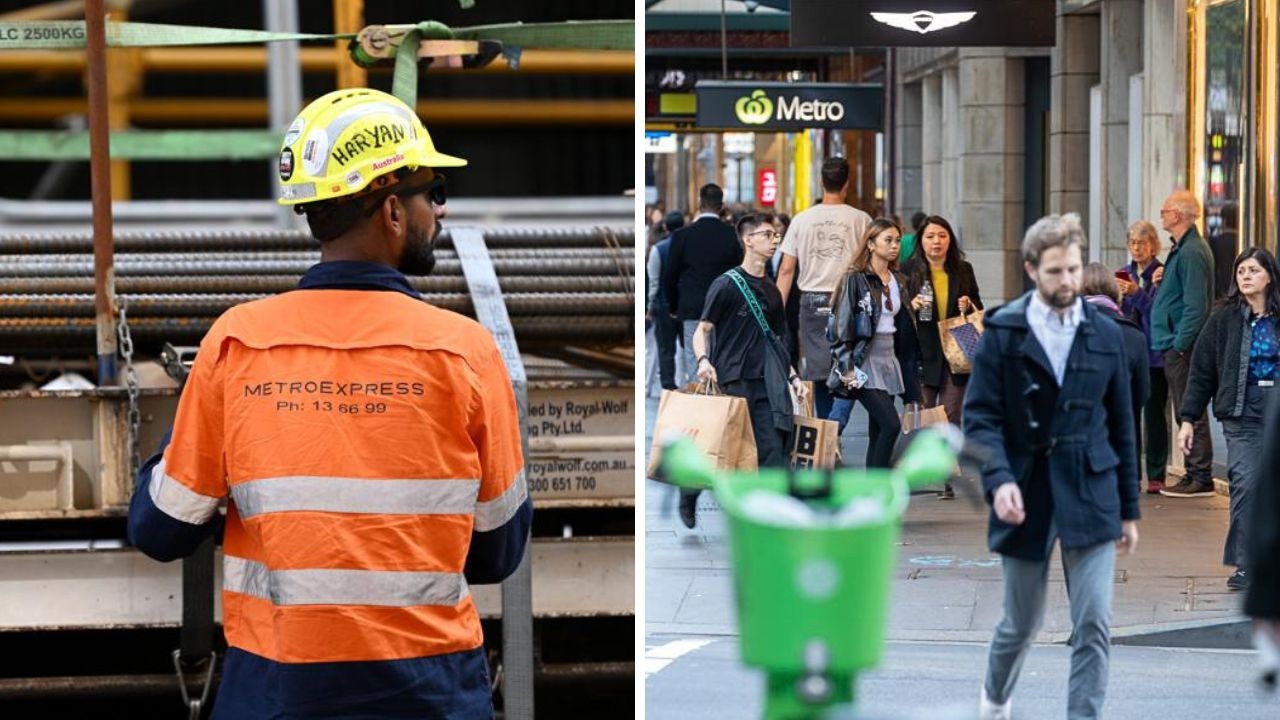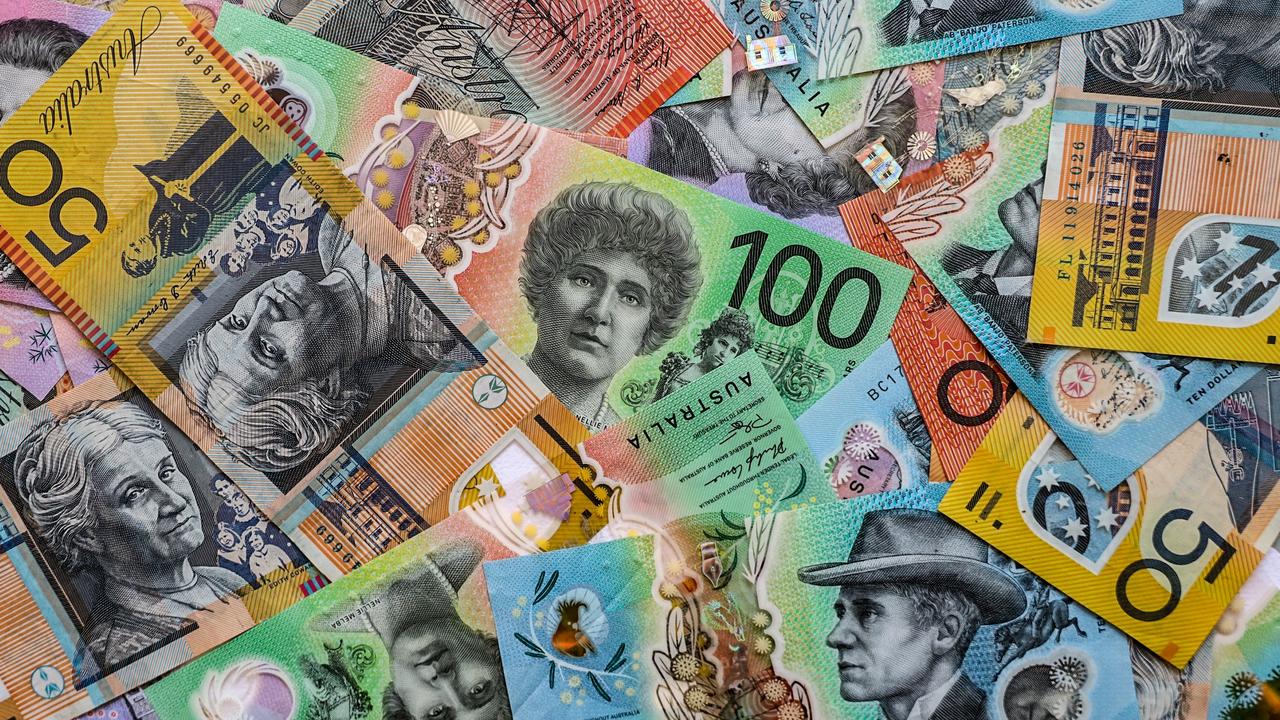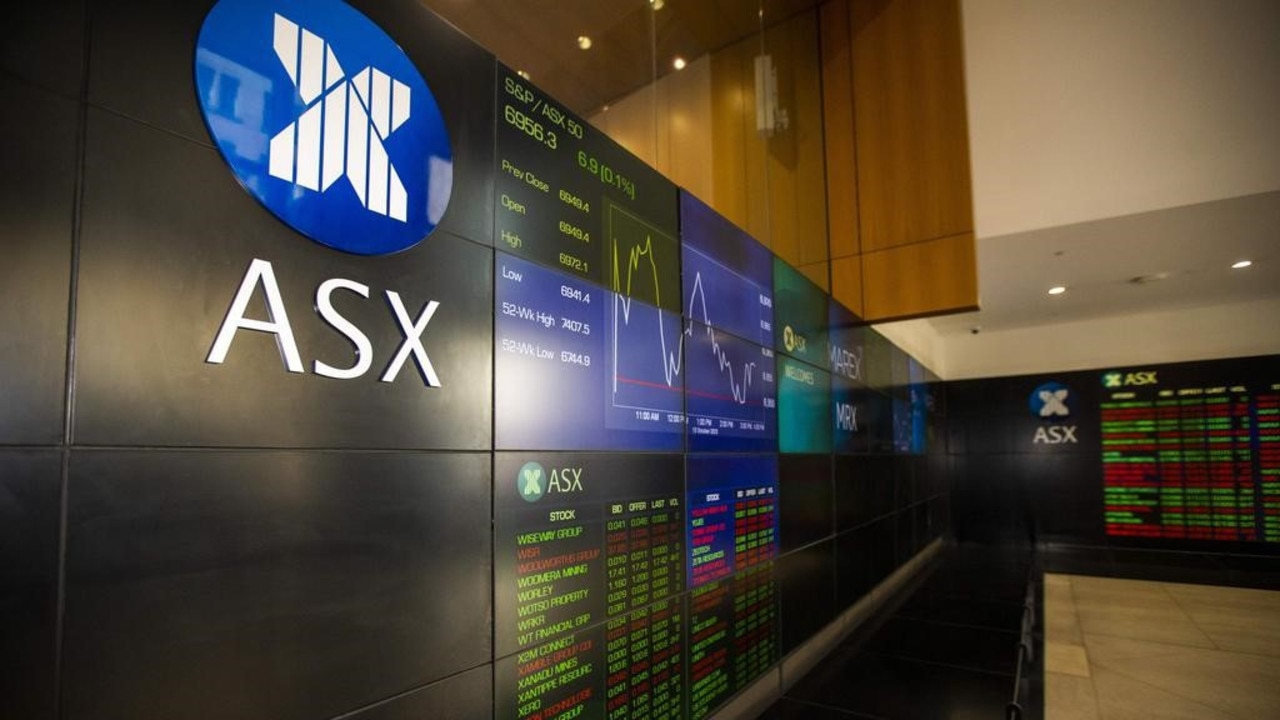A ‘hard landing’ in China could wipe out 550,000 Australian jobs and cost the economy $140 billion
A “hard landing” in China could cost the Australian economy $140 billion and wipe out 550,000 jobs — and the risks are growing.

Political unrest and the escalating US trade war are increasing the risk of a “hard landing” in China that could cost the Australian economy $140 billion and wipe out 550,000 jobs.
That’s the warning from PwC chief economist Jeremy Thorpe, who says Australia needs to urgently shore up free-trade deals to reduce its dependence on our largest trading partner, which currently accounts for nearly one third of exports.
While there is no exact definition, hard-landing scenarios generally assume a fall in China’s GDP growth of between 3 and 5 percentage points from its current annual growth rate of 6 per cent.
In 2017, Deloitte modelled a hard landing where China’s growth fell from 6.5 per cent to below 3 per cent. “The cost to Australia’s national income was 7 per cent ($140 billion) and 550,000 job losses,” Mr Thorpe said in a policy brief for the China Matters forum.
That would push up unemployment in Australia from 5.2 per cent to 9.3 per cent, levels not seen since the last time the country experienced a recession three decades ago.
More “benign” hard-landing scenarios have also been floated by the Asian Development Bank, the International Monetary Fund and the Reserve Bank of Australia.
According to Mr Thorpe, the cause of a hard landing could come from a range of internal and external sources, including a further escalation of the US-China trade war and a US recession that is now seen as a “real possibility”.
Internal risks include political unrest, potentially as a result of pro-democracy violence in Hong Kong, a property market correction or a collapse in China’s debt-laden formal and “shadow” banking systems, which the RBA has identified as “perhaps the single biggest risk to the Chinese economy”.
“The likelihood of a hard landing is exacerbated if the triggers are released simultaneously,” Mr Thorpe said.
“Internal and external risks are already aligning, with the trade war slowing PRC economic growth and putting pressure on smaller PRC banks’ loan portfolios. Baoshang Bank was the first PRC bank to fail in 20 years and two others also required government help.”

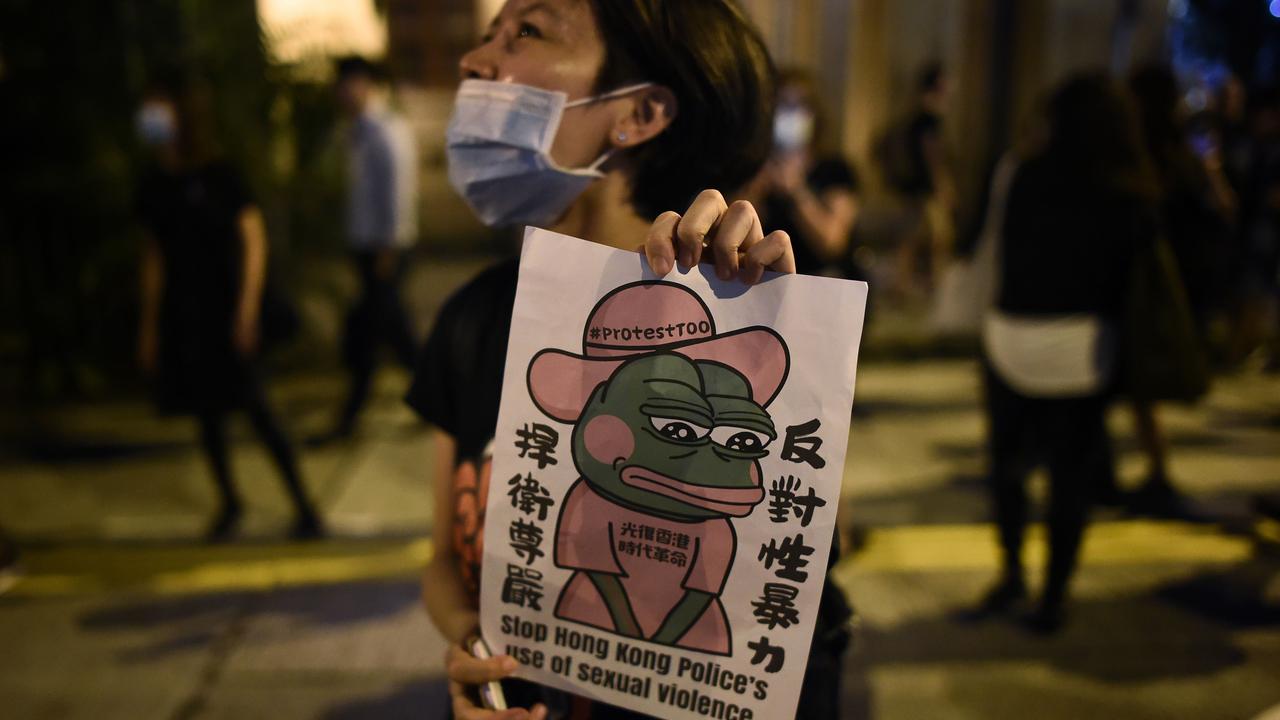

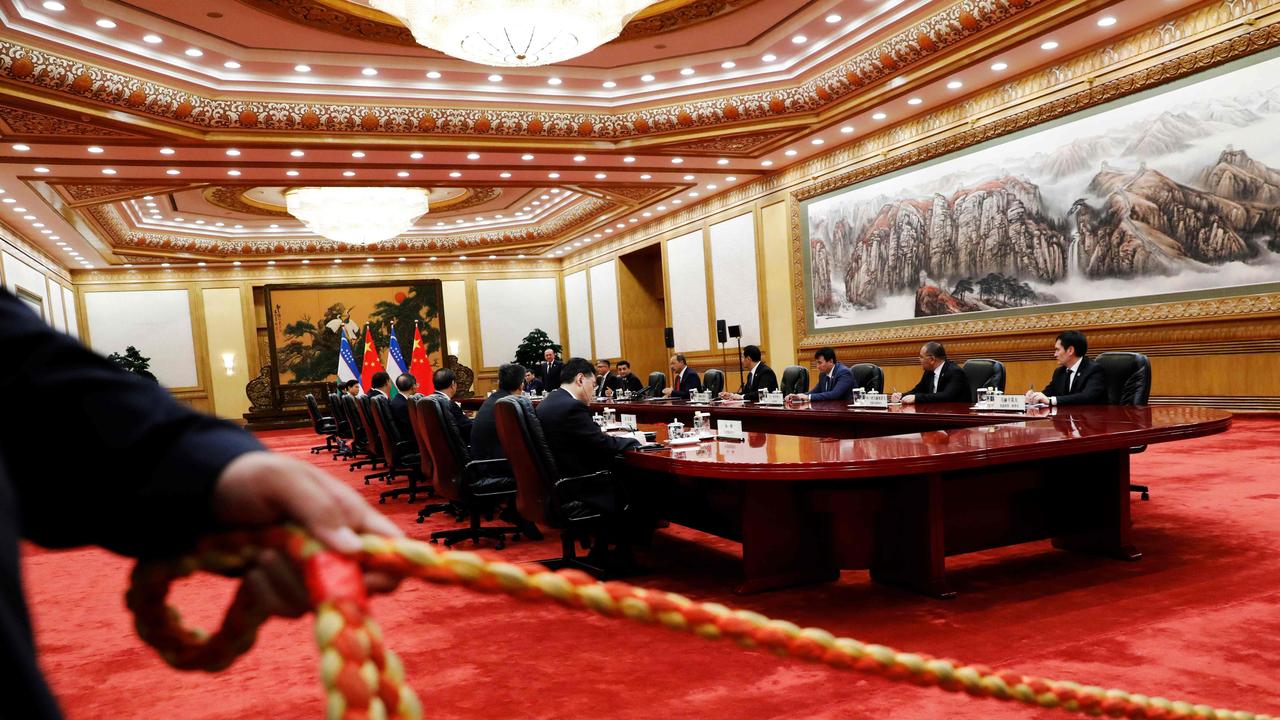
In the short term, a drop in China’s growth would hurt Australia’s exports and trigger a fall in the Australian dollar, which in turn would be good news for sectors that rely on overseas buyers like education and tourism.
Federal and state governments would lose revenue, mainly through mining-related tax revenues. States and territories are expected to rake in $14.8 billion in mining royalties this year, while mining companies will pay around $31.1 billion in company tax to the Federal Government.
“Reduced demand for natural resources in the PRC will cascade into lower commodity prices more generally and so undermine projections of the Commonwealth heading back into a budget surplus (projected to be $7.1 billion in 2019-20),” Mr Thorpe said.
“Any significant fall in commodity prices off the back of the PRC’s accelerated slowdown would likely result in mine closures or mothballings, with consequent job losses in pockets of regional Australia and lower royalties.”
In the medium term, PwC expects the negative impacts of China’s hard landing to be cushioned by the falling Australian dollar, which will increase the competitiveness of Australian exporters and domestic firms competing with international rivals.
“For example, as long as the PRC government does not seek to rein in its students studying abroad, we may see Australia attract a new cohort of price-sensitive PRC students shifting from higher-cost markets coming to Australia as the cost of education falls,” Mr Thorpe said.
There is also the possibility the Chinese Government will respond with another massive round of stimulus as in the wake of the global financial crisis, boosting its construction sector and flowing through to demand for Australian coal and iron ore.
Mr Thorpe said the Australian Government should pre-emptively “continue prosecuting broad free trade agreements to enhance flexibility for exporters in the event of a PRC hard landing”, including Regional Comprehensive Economic Partnership and the Australia-European Union FTA.
In the event of a hard landing, Australia should “be prepared to sacrifice projections of the budget returning to surplus given likely tax revenue shocks and the need to increase spending to stimulate the economy”, he added.


